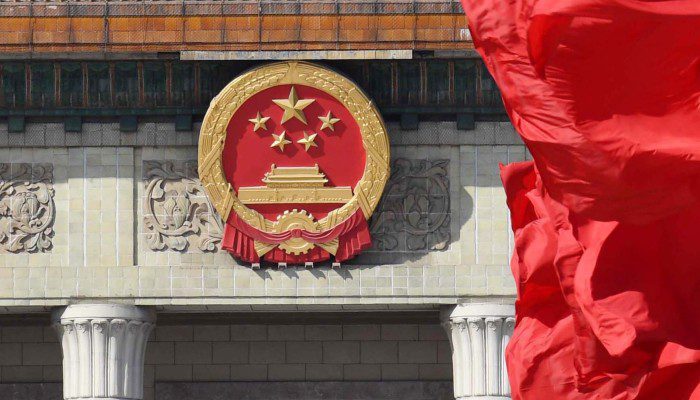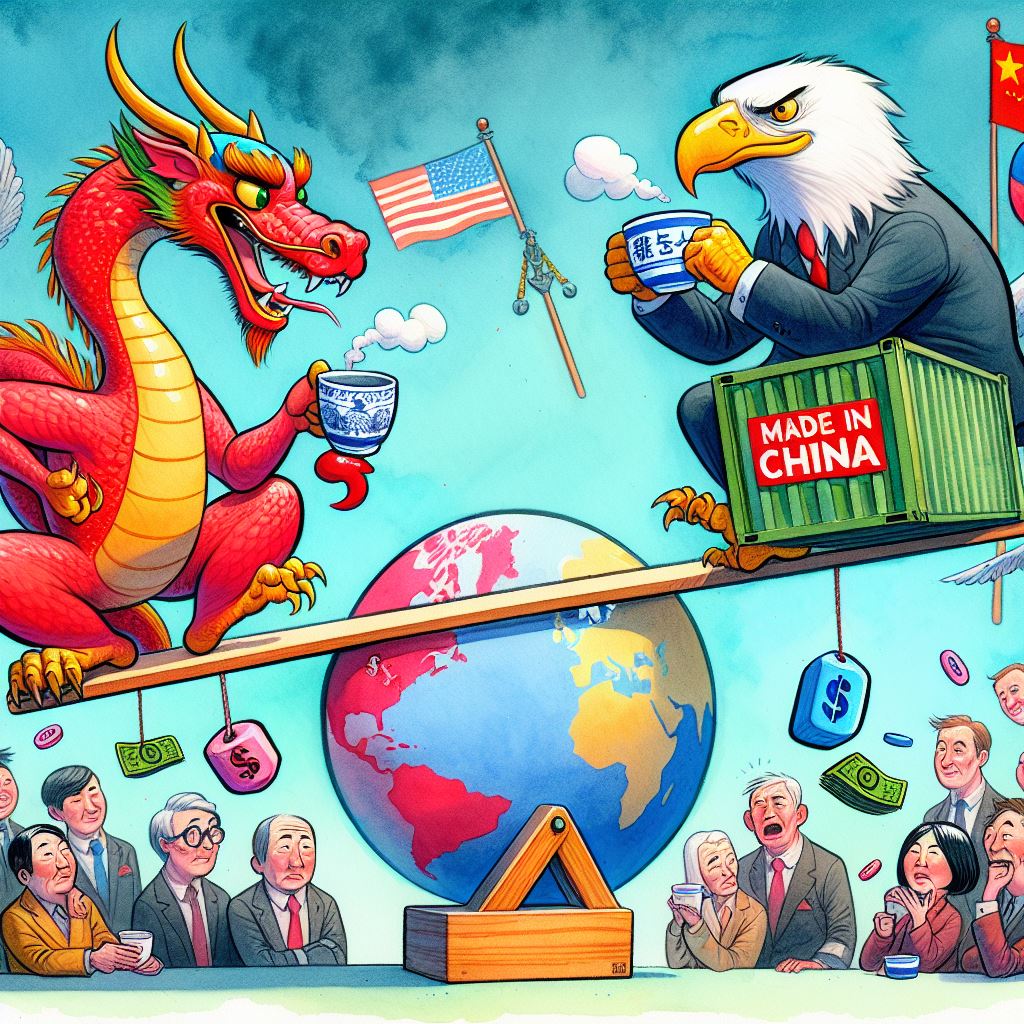As Partner of S.J. Grand Financial & Tax Advisory, in China since the early 90’s, I can recommend gathering all the possible insights on corporate and individual taxation in China. Comply with rules, avoid illegal practices for the both the mother company and branch’s sake.
Here’s a summary of the main taxation levied on companies and employees in China.
Corporate taxation in China includes:
– Corporate Income Tax (CIT)
CIT is calculated against the net income in a financial year after deducting reasonable business costs and losses. It’s atax on profits. The general principle is that both the deductible expenses and the obtained income must be allocated to the fiscal year in which they were accrued, even in those cases in which the expenses have not been paid or the income has not been collected.
It is settled on an annual basis but is often paid quarterly with adjustments either refunded or carried forward to the next year. The final calculation is based on the year-end audit.
Rates: the corporate income tax rate for companies in China, both foreign and domestic is 25%. Industry based tax incentives can vary according to Authorities prerogatives.
– Value Added Tax (VAT)
VAT applies to the sale of goods, repair and replacement services, processing, and imports on goods into the PRC. For VAT purposes, every enterprise is recognized either as Small Tax Payer (STP) or as General Tax Payer (GTP), and the decision should be made starting with the application for the tax certificate.
What’s the difference between a STP and a GTP?Consumption Tax (CT)
CT only applies to luxury goods, such as expensive jewels, cosmetics, tobacco, liquor, petrol, diesel oil, motor cars and motorcycles.
– Withholding Tax (WHT)
WHT is levied on passive income that is not directly connected with the primary business activity (as per the business scope).
In other words, the WHT rate is usually 10% on the following items:
o Interest income;
o Rental income;
o Royalties;
o Dividends; and
o Other China-sourced incomes (these can be subjected to variation based on the nature of service and company country of origin).
WHT normally occurs when the headquarter is willing to collect gains from its investment in China.
Taxation on Individuals in China
Employees in China are also subjected to taxation, which is levied on wages and salaries regarded as employment incomes. Chinese and foreign employees are subjected to the Individual Income Tax (个人所得税IIT). The IIT law recognizes 10 categories of possible incomes; here I will just consider one: IIT on wages and salaries.The progressive tax rate depends on your monthly personal taxable income. Normally, the law distinguishes 7 categories, excluding freelancers. For wages and salaries, Chinese may deduct RMB 3,500 for the IIT calculation; while foreigners may deduct RMB 4,800.
China Statutory welfare charges paid by employees are deductible for the IIT calculation.
The following benefits are taxed:
▪ Foreign medical insurance
▪ Foreign employee welfare (employer portion is exempted)
▪ Cost of living allowance distributed in cash
▪ Amounts exceeding maximum Chinese welfare charges (additional insurance, higher housing funds, etc.)
China is not a straightforward business environment: an efficient tax planning is important to allow both the company and its employees to optimize their returns and minimize risks. Tax optimization and tax equalization strategies should be conducted to avoid over taxation, as well as to help minimize employee’s discomfort. Contact us for any enquiry related to taxation in China.







